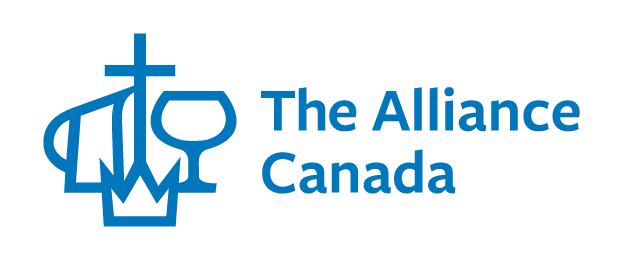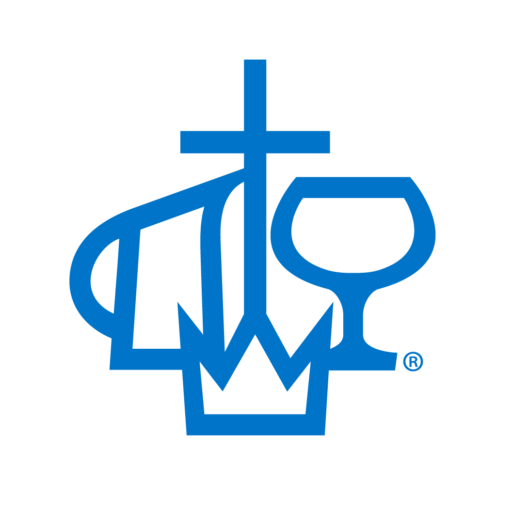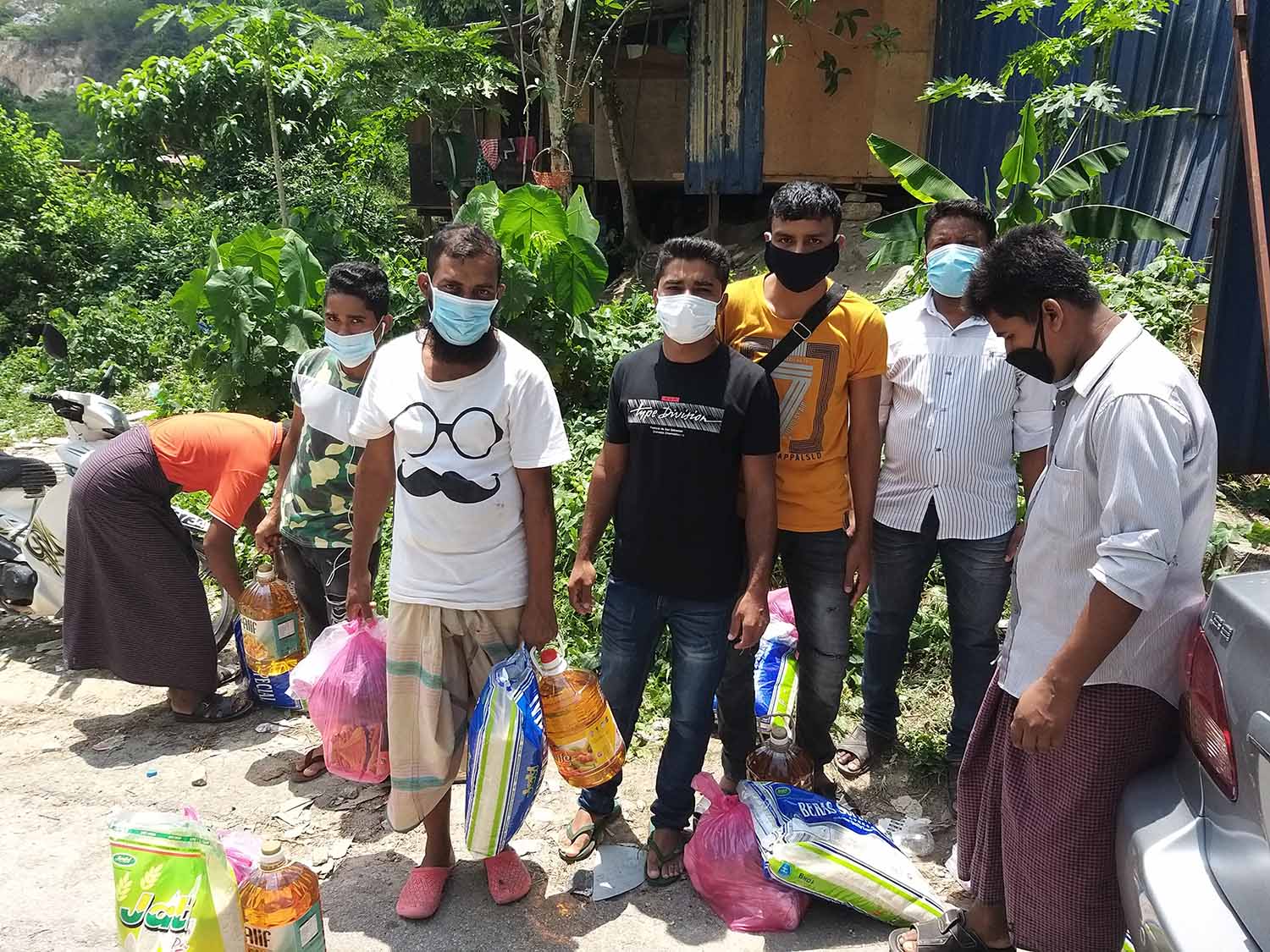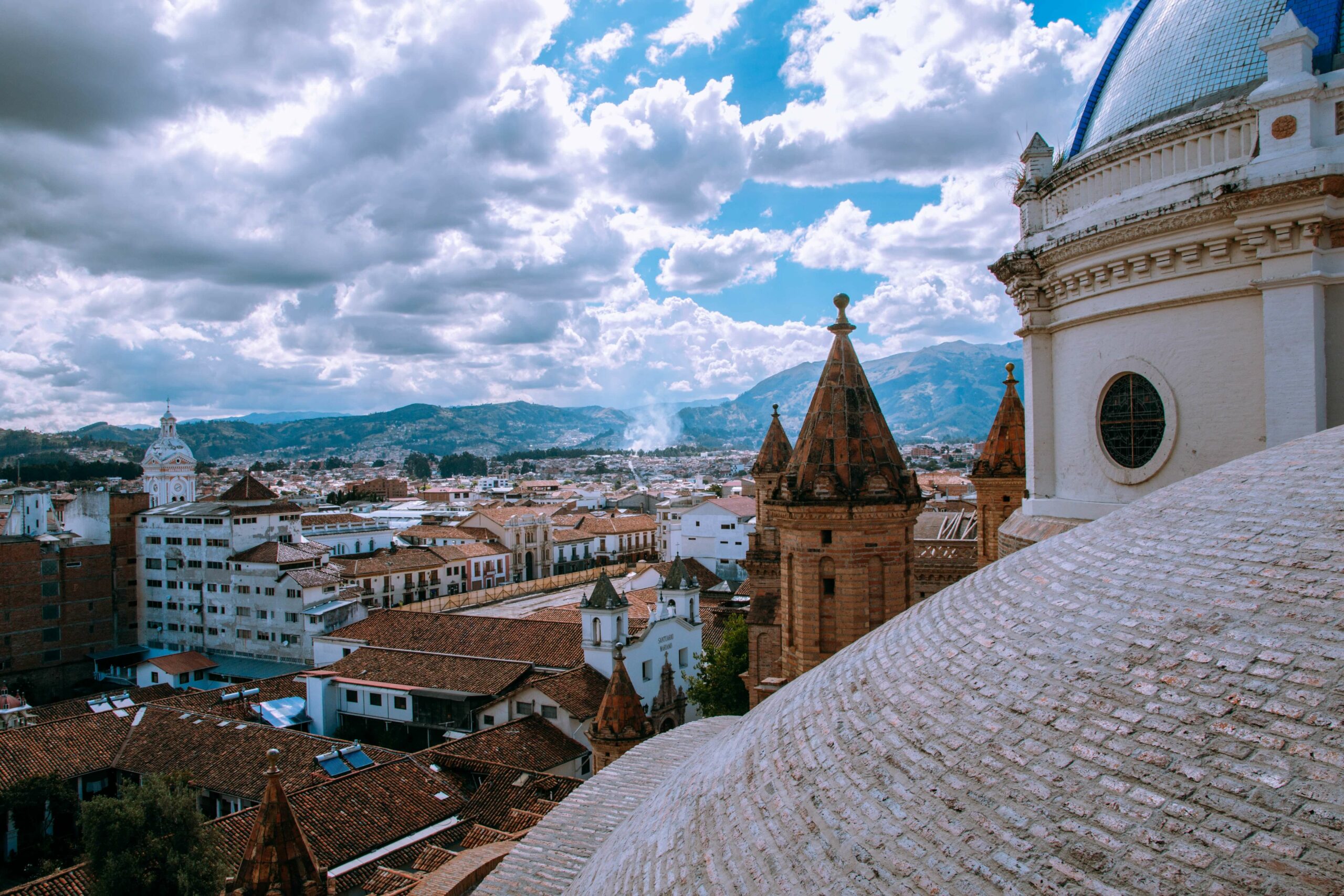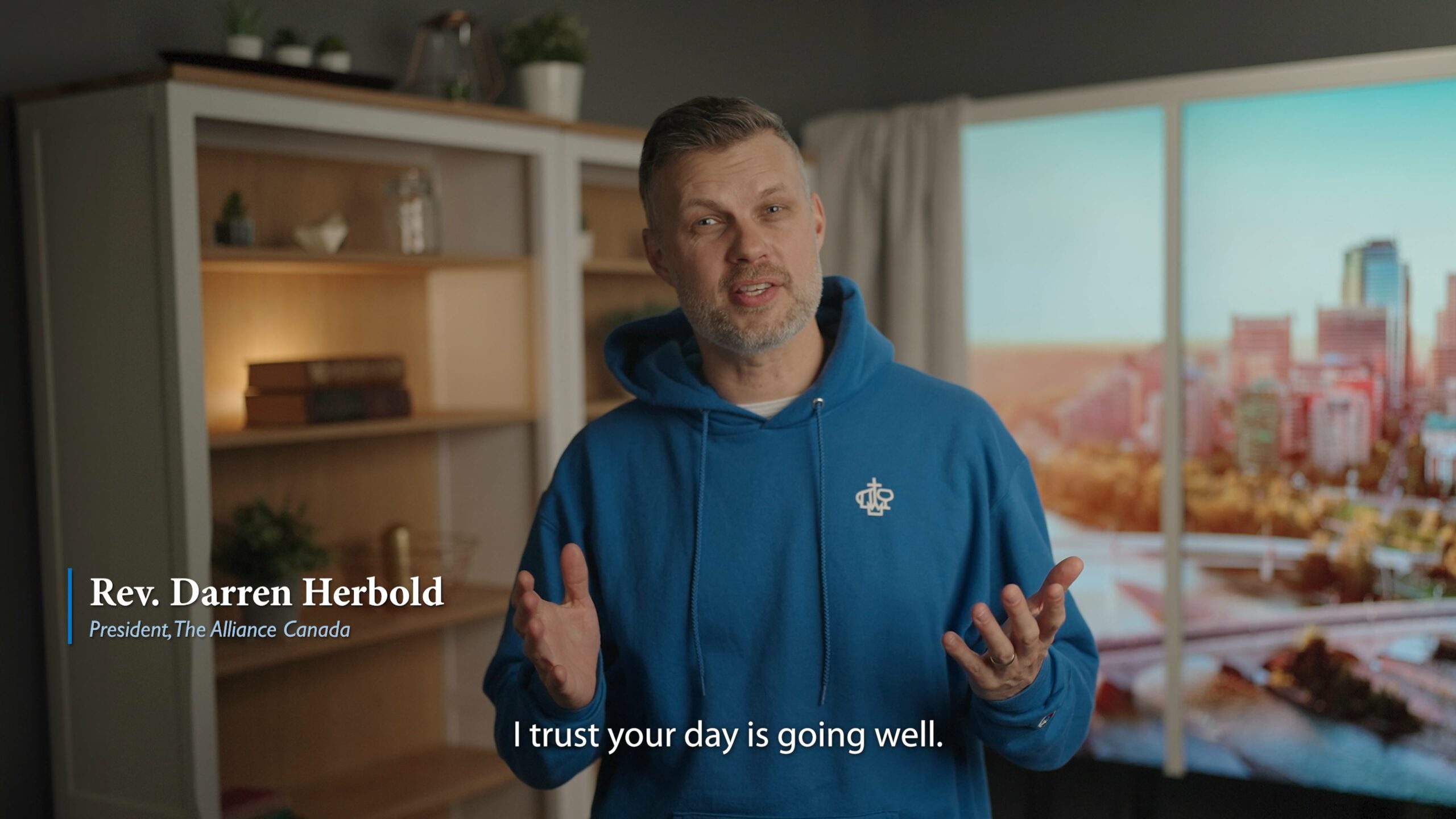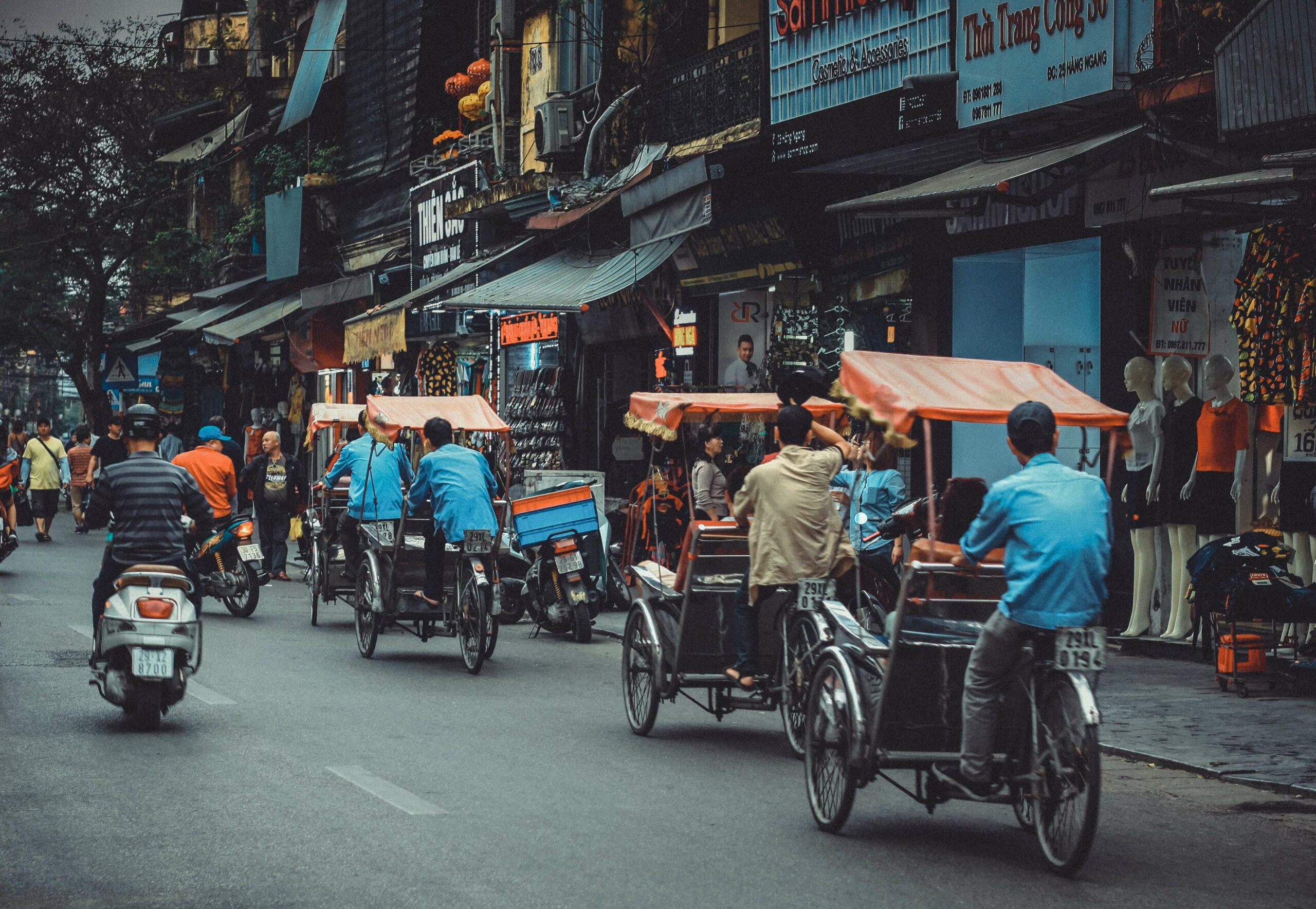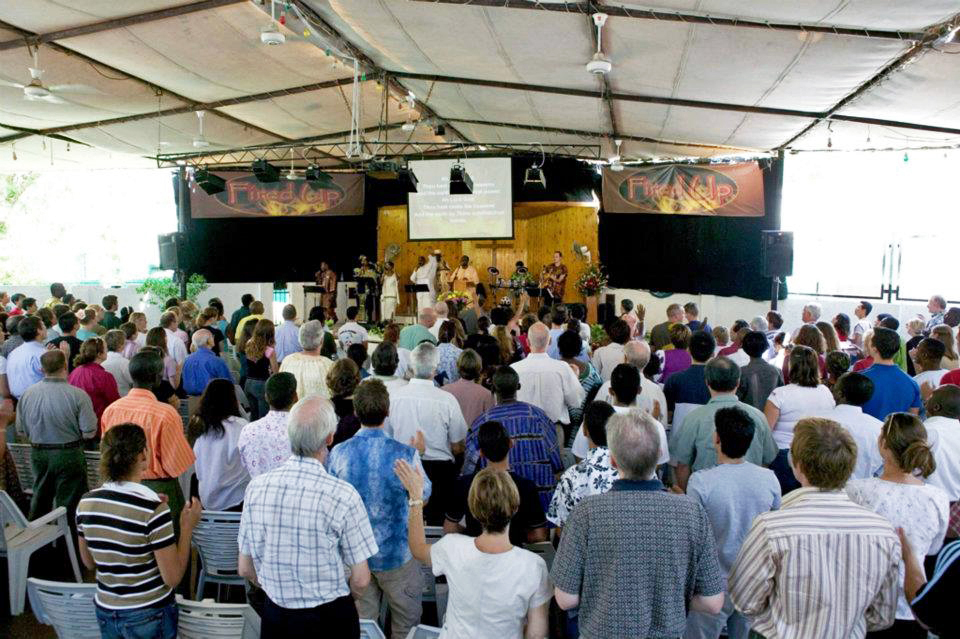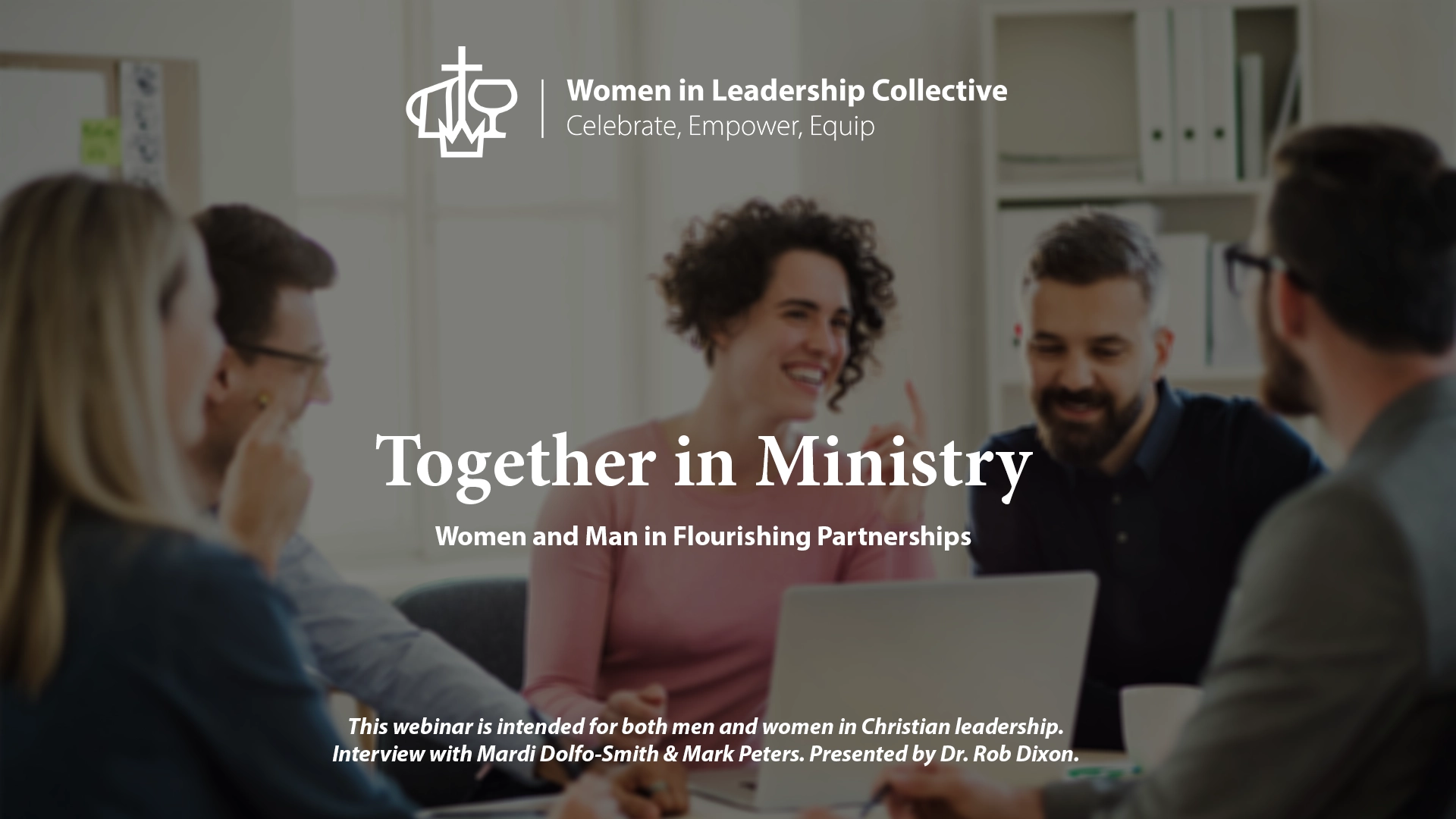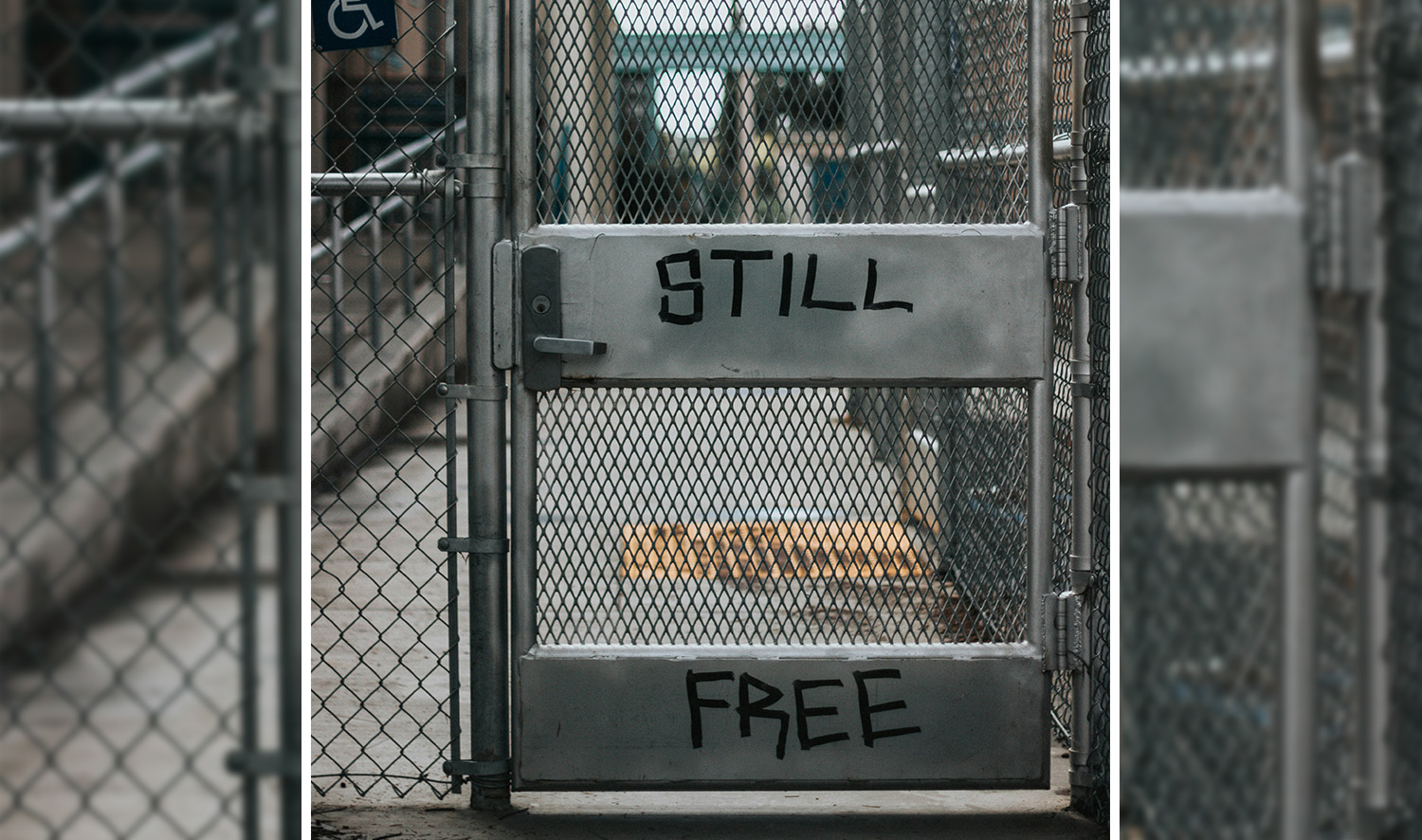In April 2018, a C&MA couple came for a site visit; they wanted to talk and pray together about the possibility of joining us. We were excited when they were officially appointed to join us. Our new team members and their family arrived on July 28, 2018. They spent their first year learning the local language, connecting with the Rohingya in our area, and quickly assimilated into life here. They made new connections and grew the relationships and ministries that dozens of volunteers before them started.
In 2018, our CAMA Services connection began talking with me about having one of their people, a long-time International Church member, join our team too. We were excited to receive her on October 1, 2019. As a result of our trips to the refugee camps, another young couple joined our team in the neighbouring country.
One volunteer from the International Church, who helped us in our Learning Centre, had a growing sense of love for and desired to work with the Rohingya people. Their organization opened a medical clinic in the camps, and a teammate travelled to the neighbouring country three or four times to serve the Rohingya in the camps. A young nurse met with our teammates during those trips and made arrangements to join us and work with the Rohingya. She arrived in February 2020.
The trips have stopped for now, as it is getting more challenging to enter the country. That country’s government doesn’t want the world to see the camps. During our first visit in the fall of 2018, Paul and I got into the camps, but we were pulled into a police station and questioned on our second day. They informed us we were not allowed into the camps without the proper documents. We still made some connections, but the family members had to meet us in some little shops along the main road running through the camps.
We returned in the spring of 2019, and the constantly changing rules had made obtaining the proper documents difficult, so the special branch police denied our request. We still met with families, but it became too risky for our ministry partner. We decided not to return to the camps unless we partnered with a local NGO.
Our teammates helped their children start in school, began language training, and met with some of our Rohingya friends. In October, they organized a prayer discernment team from the Western Canadian District to join us in prayer and seek the Lord’s direction for the ministry. After prayer and planning, our teammates introduced a pilot project for teacher training. There are many schools for refugees in our state, so they began a teacher training program to help raise the bar for teachers. There was a lot of interest in the program, but shortly after they began, COVID-19 hit, and they stopped the program in person. They completed the training and are now looking at the next steps to serve refugee teachers who provide education for Rohingya children.
In March 2020, COVID-19 hit hard, and our country went into a very severe lockdown. Many of our Rohingya friends lost their jobs. Our teammates quickly rallied the volunteers working with the Rohingya, and they put together an extensive, well-planned 12-week emergency food delivery program for many of our Rohingya friends. The whole team received many more WhatsApp messages as the desperation grew. Our teammates did an amazing job of planning, mobilizing, and getting the food out to hundreds of families every week for the duration of the program.
Different organizations donated money and staff. It was great to see so many people working together to meet the very real needs of the Rohingya community. The feeding program has built a lot of trust with the community, and there is a greater openness to having our team visit homes. God has used COVID-19 to deepen relationships, build trust, and open doors to new relationships!
Another initiative that our teammates have started is a pre-natal care for moms program. Many of the young women they are serving are teenagers. A couple of years ago, we saw more boats arriving from the camps with young women. Young brides are trafficked here to marry the young men who have already been here for many years. The girls come here with nothing—no documents or family except for their new husbands—and they are getting pregnant. The women on our team have been going into their homes and providing much-needed education on nutrition, birthing, and breastfeeding; they are also helping the young moms apply for UNHCR refugee cards.
In the summer of 2021, a team member started a business to train the Rohingya men in trades and skills so that they could be useful in the local job market. He has been working with a local believer to open a shop and create jobs in the community. Paul has been meeting with a coach to help him set up a business plan and a spiritual impact plan. It is really exciting to watch where God takes this new initiative.
We are continuing our work with the Rohingya in our country. It is a constant challenge. Working with refugees in a country where they don’t have any rights makes me angry. They find jobs and work illegally, but many are taken advantage of by their employers. They are often arrested or made to pay bribes to the police or immigration officials even though they have refugee cards from the UNHCR. They are constantly moving around looking for better work and better pay.
Before COVID, we saw young men for a couple of months before they moved away, sometimes for months or years before they came back. Many of our students know they are loved and cared for by our team, and they reach out to us often. It’s very easy to see how God has been at work over the last nine years in birthing this ministry to the Rohingya. It would never have happened without the commitment of many members of the International Church family. Sadly, many International Churches are perceived as only concerned about expats, but our church has been instrumental in birthing and growing this ministry to the poorest of the poor—a people group that has not had access to the Gospel in their own country. I’m so thankful for a pastor and church that looks beyond its walls to love and serve the Rohingya people. All of us who work with these dear people long to see multiplying faith communities of Rohingya people birthed and growing here, and we are beginning to see it happen!
During the COVID-19 lockdowns, the International Church has really been hit hard. In February 2020, we were a church family of 350 people. With the borders closed, and a steady flow of people moving away, we are now around 100 people. These have been challenging days for us, but I can reflect on God’s faithfulness over the last 13 years and see what God has done through the work of the International Church.
Read the rest:
Part 1
Part 2
Part 3
Part 4
Part 5
Part 6
Part 7
Part 8 (You’re reading this one)
Share:
Find more posts about:
bob.and.karin
Support the mission
The Global Advance Fund (GAF) is a pooled fund that supports our workers in Canada and around the world to share the Gospel with people who haven't yet heard the name of Jesus. Your continued generosity equips and sustains our workers and their ministry.
